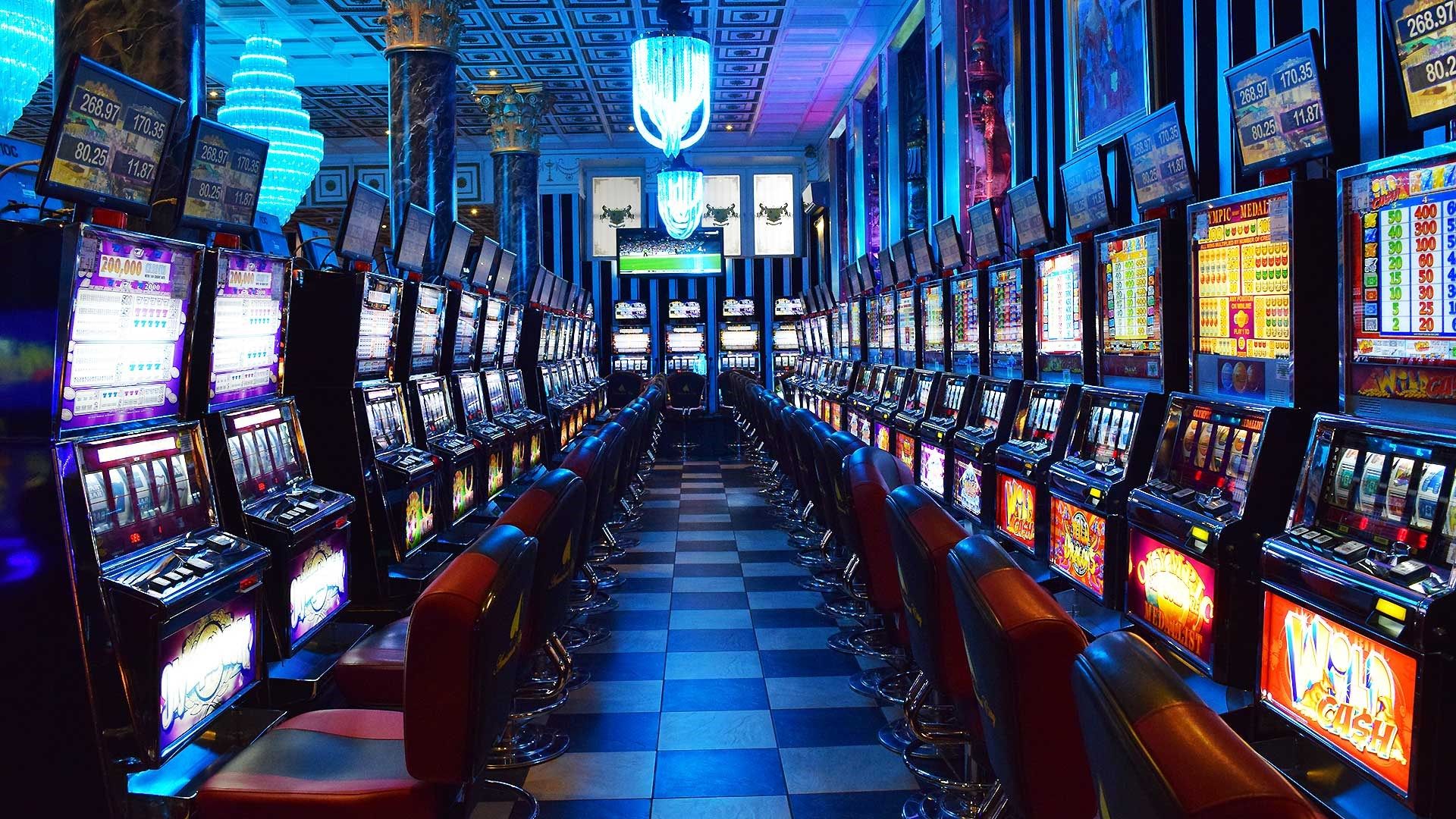The Cultural Impact of Gambling Games Worldwide

Casino games have long been a fascinating form of entertainment, drawing countless of players from varied cultures around the globe. From the opulent casinos of the Strip to the busy gambling halls of the Cotai Strip, these games serve as a link that connects people across different backgrounds. The allure of chance, tactics, and gambling entices not only those seeking to strike it rich but also those seeking a sense of community.
The significance of casino games extends significantly past the gaming floor. They often reflect the social norms and beliefs of the cultures in which they thrive. Games such as poker, pontoon, and the wheel game have integrated into the mosaic of mainstream culture, influencing various aspects from films to fashion. As we explore this fascinating intersection of chance and society, we can gain insights into how gambling games shape and are shaped by the surrounding world.
Historical Development of Gaming Activities
The beginnings of gambling activities can be tracked back to ancient cultures, where gambling in various forms was widely practiced. In China, around 2300 B.C., a form of gambling known as Keno was popular, while in old Rome, soldiers would regularly wager on the outcomes of their matches. The concept of using randomness for amusement and profit developed over the years, leading to the creation of more formal activities. By the late Middle Ages, gambling houses began to emerge in European nations, especially in the Italian peninsula, which introduced early incarnations of popular games still played today.
As gambling expanded popularity in Europe, the 17th and 18th centuries saw the rise of gambling establishments as specialized locations for gaming. The initial official gambling house, the Ridotto, was founded in the Venetian city in 1638, offering games like the game of Baccarat and Faro. This period marked a crucial turning point, as casinos began to draw not just the high society but also the growing middle-tier society. The refinement of activities evolved, leading to the development of new regulations and versions that enriched the experience of players.
In the 19th century, the industrial revolution and shifts in societal conventions also changed the terrain of gaming activities. The launch of roulette and contemporary slot machines drew a broader clientele, and gaming houses became seen as legitimate fun. This period witnessed the globalization of gaming, as gambling houses expanded from European nations to the Americas, culminating in the development of the legendary Las Vegas Boulevard in the twentieth century. The evolution of gaming games has continued into the current era, integrating technology and online sites, allowing them accessible to a universal market. BET 88
# Cultural Significance across Various Societies
Casino activities have deep-rooted cultural and social significance across many cultures throughout the globe. Places like Las Vegas, the very fabric of the city is woven around gambling establishments, where gaming is not just a recreational activity but a central aspect of entertainment and community life. The dazzling lights and lively atmosphere attract countless individuals, showcasing how games of chance can shape local economies and cultural uniqueness. This setting transforms the notion of recreation into an enriching encounter that affects apparel, melodies, and even movies.
In contrast, some societies approach wagering with an air of caution, seeing it through the lens of ethical considerations and heritage. A case in point, in various Asian societies, games like Mahjongg and Pai Gow Gambling are rich with history and carry significant social meanings. These games are often played during gatherings and occasions, fostering collective connections and reinforcing familial ties. The act of engaging in these games goes past mere leisure, reflecting ethics such as respect for elders and the importance of shared enjoyment.
Simultaneously, in continental countries such as Monte Carlo and Italy, games of chance serve as symbols of wealth and sophistication. The refined atmosphere of these venues attracts both tourists and native inhabitants, upholding a sense of status and elitism. The art of Texas Hold’em and the tactical components of games like the game of baccarat are appreciated, shaping interpersonal interactions and creating an allure that enthralls a diverse audience. Đại lý BET88 This highlights how games of chance can concurrently echo and shape cultural attitudes towards danger, benefit, and community interaction.
Economic Impact and Tourism
Gambling activities play a crucial role in the financial context of many regions, particularly those that depend significantly on visitor traffic. The revenue produced from casino operations fuels local financial systems, creating jobs not only within the casinos but also but also in related sectors such as hospitality, dining, and recreation. This surge of tourists, drawn by the attraction of gambling and the overall casino experience, stimulates expenditure across multiple local enterprises, contributing to the economic vitality of the region.
The existence of casinos often leads to the construction of facilities, including lodging, transportation systems, and leisure amenities. These developments are essential in improving the overall visitor satisfaction, making destinations more attractive to visitors. Additionally, many casinos invest in local communities through support of activities and charitable activities, further integrating themselves into the community structure of the locality. Such investment not only supports economic growth but also cultivates a positive image of the gambling sector.
In addition, the global popularity of casino games drives competitive tourism, with locations vying to attract players from around the world. Iconic destinations like Las Vegas and Macau have become identifiable with gambling culture, drawing millions each year. This competitive edge encourages creativity and variety within the gambling sector, influencing developments in leisure and accommodation that extend beyond their limits. The ripple effects of this tourism extend wide, impacting local financial health and cultural exchanges on a worldwide scale.
